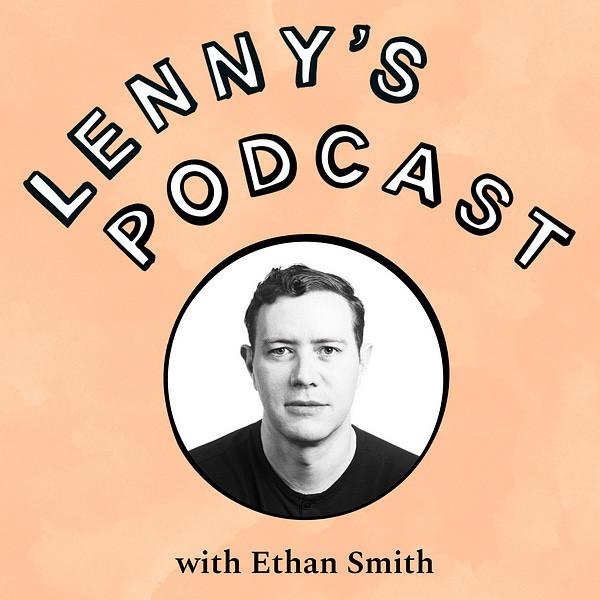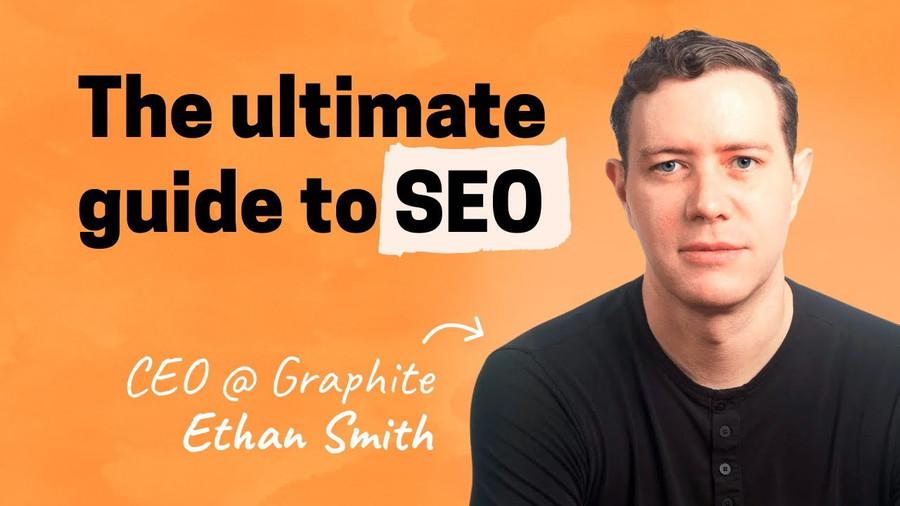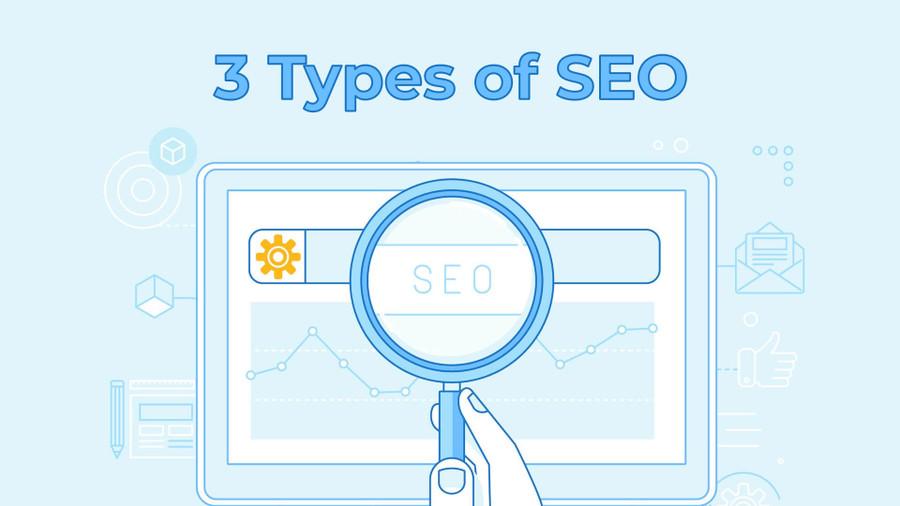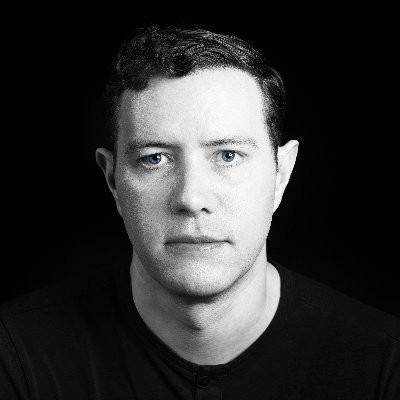The ultimate guide to SEO | Ethan Smith (Graphite)
Curated from: Lenny's Podcast: Product | Growth | Career
27
Explore the World's Best Ideas
Join today and uncover 100+ curated journeys from 50+ topics. Unlock access to our mobile app with extensive features.
When to consider SEO?
SEO is not for every company. And even for those for which SEO may be a good acquisition channel, timing is key. 2 things to consider:
- Authority of the domain. Google avoids SEO sites so before you should invest in SEO get to 1,000 non-SEO uniques: organic, paid, social. And about 1,000 backlinks referrals.
- Market size. Usually not a problem. But worth checking the traffic of your (attention) competitors and see if your conversion numbers applied to high level numbers would make sense to you.
48
632 reads
3 types of SEO
SEO work can take 3 directions:
- Technical: links, site speed, link structure meta etc....
- Programatic: category pages, product pages, user generated content.
- Editorial: content written by humans on a topic that may get you relevant visitors.
Ethan considers editorial as the best performing intervention. Although programatic may make sense in certain industries. Ebay product pages would out-perform any editorial content as people are actually looking for stuff to buy.
44
440 reads
The SEO Worksheet
- Settle down on an audience.
- Pick a list of words you want to rank on.
- Do some research & find out what type of pages rank for those. You may find product pages, articles, listicles, reviews etc...
- If you have programatic pages only index the pages with relevant content. Only index product pages with lots of information, or choose the keyword-relevant categories. Avoid creating lots of pages optimised for every keyword configuration. A few good pages beats a million shitty ones.
- Optimize for engagement. From a Google search the user has to pick ur URL & stay in it ... for a considerable time.
40
315 reads
Topics over Keywords
In the past an SEO page was created to target specific keywords. Those don't rank as well. Think of your pages in terms of topics, covering a wide range of keywords.
A good topic page should rank for 250-2,000 keywords.
Ex 1: It's better to have a "best cameras" page than 1000 for "best digital camera", "best budget camera", "camera reviews best of"
Ex 2: Masterclass made a comprehensive page for lettuce that ranked for 250 lettuce-related keywords. It beat the FoodNetwork.
The way to find the cluster keywords is by looking at the current winners. Consider traffic volume and topic conversion.
42
295 reads
Topic Authority
The Google algorithm is super complex these days. Links are only a small part. One can think of Google moving from link ranking to topic ranking, aka "What are known for?"
So Google is looking for website who are disproportionately well-known for some themes: Does your site say chicken recipes? How much brand search there is? What are most shared pages? etc. Google will share the authority on all adjacent terms.
Ex: Ethan had a cooking website get viral with a post about jeloshoots & there was an uptake in visits for alcohol related pages, even with no direct links from the jelo post.
41
243 reads
SEO Tools
Ethan relies on a few tools:
- Google Search Console. Free for analysis of search traffic.
- Clearscope. Will help you understand gaps in content.
- Ahrefs. Or any other keyword research tool.
- Internal tools specifically created around your strategy. Like internal dashboard for topics.
- Screamingfrog to fix link issues.
51
252 reads
Timeline on SEO
Basic advice is that any SEO strategy will take from 6m to 1yr to see some results. But it all depends on domain authority (Netflix will see changes in days, a Masterclass in weeks)
- However good SEO is not a set-it -and-forget-it task. Constant monitoring and tweaking is required to get the results.
- Look for leading indicators. A good one for each topic is to see for how many related keywords we can rank in top 20.
- You will start to see clicks once you make it in top 10 for some keywords.
- Track engagement. The more valuable your first few clicks are the more Google will send you more.
42
193 reads
It's common to incorrectly conclude failure: "We tried this, it didn't work ... so it will never work."
What is also common is for the first SEO tries to not be implemented correctly. Most of the time the website does not have the right authority or there was a problem in execution.
ETHAN SMITH
40
193 reads
The People & Costs of SEO
- Programatic SEO needs a growth engineer, because there is a lot of skill required in tinkering. Hard to find & expensive. Hire hungry young people and avoid SEO experts who worked at big brands, because big brands have it easier. Headhunt from smaller websites that found success.
- Editorial is cheaper assuming there is direction for content direction.
- Money invested in SEO should be proportional to the business relevance of that traffic.
40
194 reads
The daily grind of SEO
What does a dedicated SEO specialist do?
- Reverse-engineering: Auditing websites that are working. Looking for content opportunities, checking which pages are performing the best, checking their links with ahrefs.
- Look for keyword bundles and cluster opportunities.
- Constantly redesign and tweak the content of pages of interest.
- Data analysis to see what's working and what doesn't.
- Coming up with original ideas for testing.
Most value per time invested comes from analysis of other people websites and rapid iteration on development. Brainstorming may be a waste of time.
40
169 reads
Don't test to early or to fast
- Split test are only useful when you have a base of pages and enough domain authority. Early on, the focus should be on building and rapid iteration, not A/B.
- Testing becomes useful for chasing local maximums. The big changes relate to site & link structure and those can't be tested anyways.
- Another useful hack is to talk to the SEO people from some successful website and get the answers directly without testing.
40
170 reads
Go slow before you go fast
Work on a few articles or topic pages per month. 25 is a good high number. In 3 months you should see some early indicators of performance and scale if it's working.
Don't go from 0 to 1000 pages per month as you will do it wrong and not learn anything.
40
171 reads
When SEO fails
... it's because of a few reason:
- Most SEO strategies don't get implemented because lack of resources.
- Lack of resources is due to the fact that SEO is usually not part of the core product team.
- Execs will always prioritise short term projects over mysterious long term projects.
- Folks don't do the work. SEO requires constant attention and tinkering.
40
175 reads
Spreading Links & Site Structure
The more links a page gets the better. A good page should have between 5 to 10 pages linking to it. Usually pages are linked using artefacts as:
- Popular pages
- Recent pages
- Related algorithms.
However most of these will not ensure a good spread. Google is also entering your site from many links. This means a hierarchical site structure is less effective than a flat one.
Focus on body links not in the footer or navigation.
41
168 reads
AI and SEO
Ethan is mostly against tools like GPT-3 being used to generate content. While the text may be grammatically correct, there might be lost of slips.
AI is good to generate content on top of a structured content. This means the AI serves more like an assistant to a page designed based on facts and objectives, rather than flipping the dice and coming up with some nice sounding BS.
39
209 reads
IDEAS CURATED BY
Life-long learner. Passionate about leadership, entrepreneurship, philosophy, Buddhism & SF. Founder @deepstash.
CURATOR'S NOTE
Learned so much from this conversation between Ethan Smith and Lenny on modern SEO.
“
Vladimir Oane's ideas are part of this journey:
Learn more about marketingandsales with this collection
Why happiness is the ultimate goal
The importance of creating value
How to create wealth in the modern era
Related collections
Similar ideas
2 ideas
Subscription business Growth with Yuriy Timen (Grammarly, Canva, Airtable)
Lenny's Podcast: Product | Growth | Career
7 ideas
Balaji Srinivasan's monster 8h podcast
Lex Fridman Podcast
1 idea
How I Built a 2.3 Million Follower Brand WHILST Studying - Natacha Océane
Deep Dive with Ali Abdaal
Read & Learn
20x Faster
without
deepstash
with
deepstash
with
deepstash
Personalized microlearning
—
100+ Learning Journeys
—
Access to 200,000+ ideas
—
Access to the mobile app
—
Unlimited idea saving
—
—
Unlimited history
—
—
Unlimited listening to ideas
—
—
Downloading & offline access
—
—
Supercharge your mind with one idea per day
Enter your email and spend 1 minute every day to learn something new.
I agree to receive email updates







